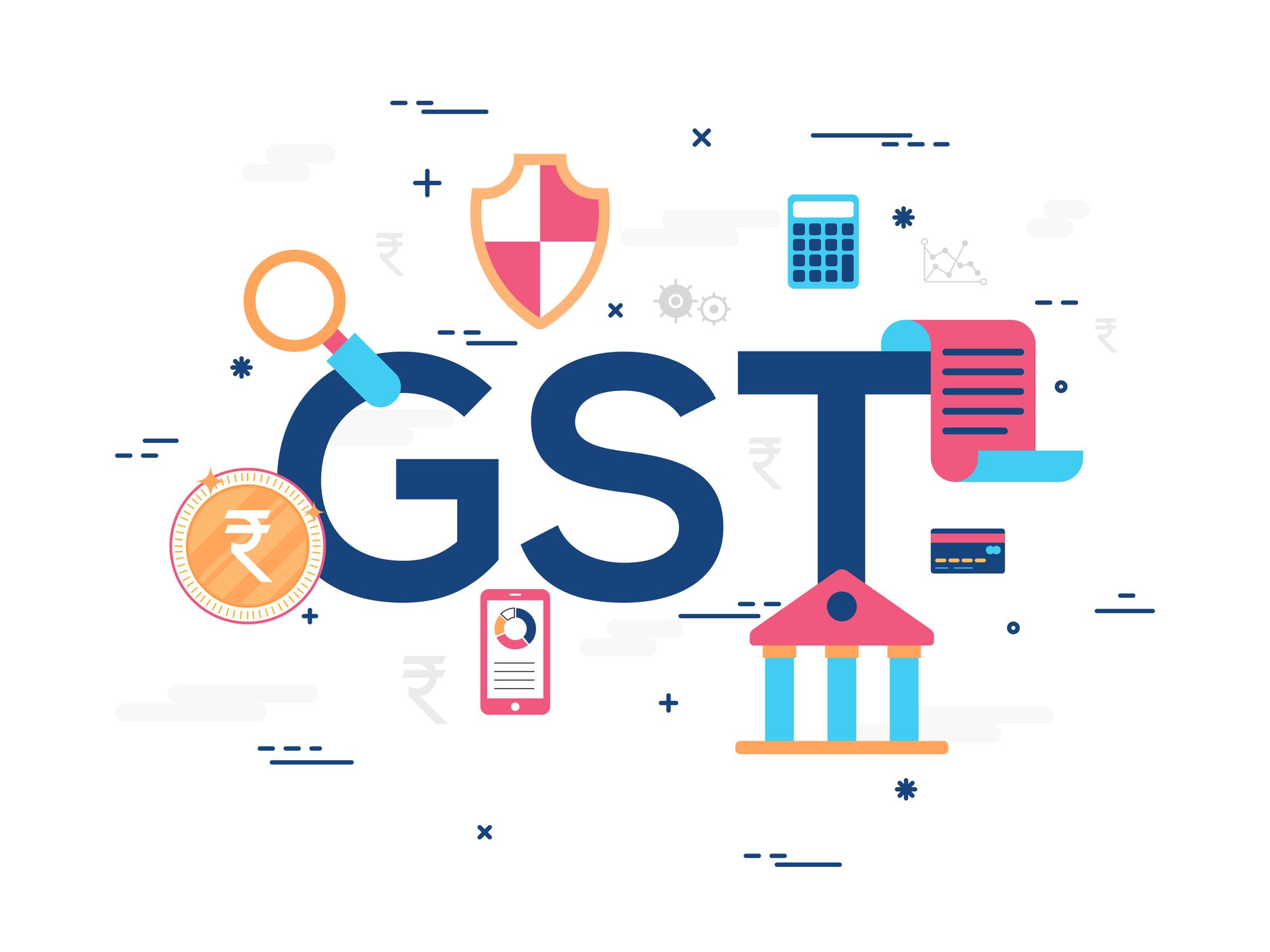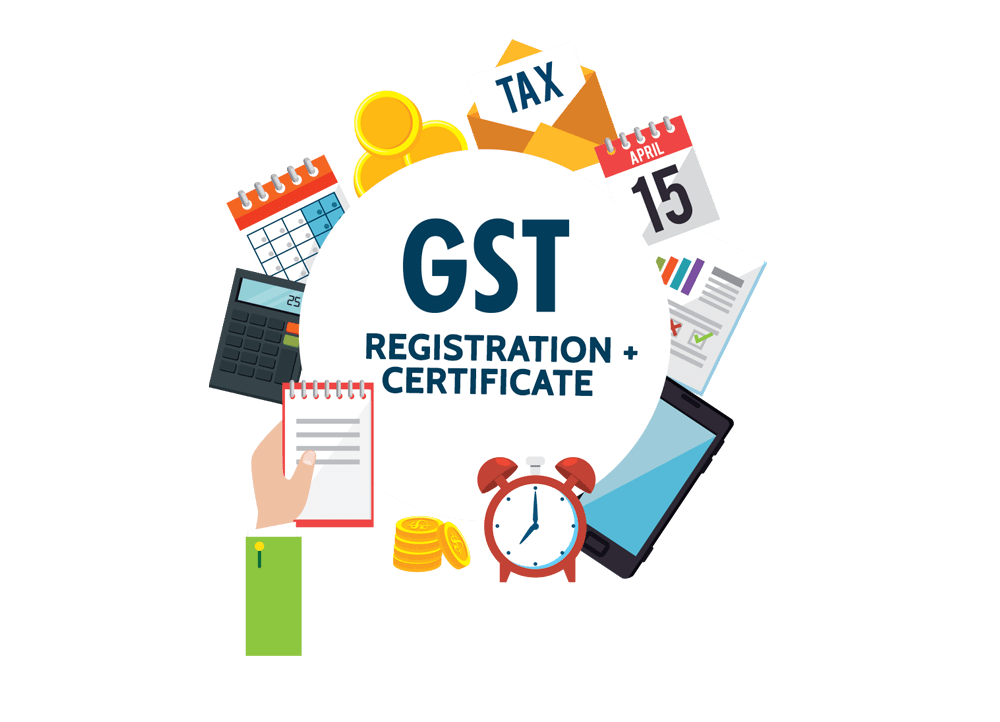Why Services Choose the Best GST Registration Services in Singapore
Why Services Choose the Best GST Registration Services in Singapore
Blog Article
From Beginning To End: The Ultimate Roadmap to GST Registration for Organizations Seeking Financial Stability
Navigating the intricacies of Goods and Provider Tax Obligation (GST) enrollment is a critical action for services making every effort for monetary security. Breaking down the roadmap into workable actions can enhance the registration journey for organizations looking to improve their financial standing.
Recognizing GST Fundamentals
Looking into the essential principles of Product and Solutions Tax (GST) is vital for getting an extensive understanding of its ramifications on services and the economic climate. GST is a value-added tax imposed on the majority of products and solutions for residential intake. It has changed numerous indirect taxes that existed in the pre-GST era, streamlining the tax obligation structure and boosting ease of doing business in India. Under the GST system, both products and services are exhausted at a particular price, which is established based upon their classification. If their annual turnover goes beyond the threshold restriction established by the federal government, services are called for to register for GST. Input Tax Credit (ITC) is a considerable function of GST, allowing companies to claim debt for taxes paid on inputs, decreasing the general tax problem. Comprehending the essentials of GST is critical for organizations to follow tax obligation policies, handle their finances effectively, and add to the nation's economic development by joining a transparent tax obligation system.
Qualification Requirements for Registration
As of the existing guidelines, the threshold limit for GST enrollment is a yearly aggregate turnover of 40 lakhs for services running within a state, other than for special group states where the limitation is 20 lakhs. Additionally, particular businesses are required to register for GST regardless of their turnover, such as interstate distributors, informal taxed persons, and businesses responsible to pay tax obligation under the reverse fee mechanism. It is vital for services to thoroughly analyze their turnover and purchase kinds to establish their GST enrollment obligations precisely.
Papers Needed for Enrollment
Having fulfilled the eligibility criteria for GST registration, services have to currently guarantee they have the requisite records in area to proceed with the registration procedure efficiently. The documents needed for GST registration normally include proof of company constitution, such as collaboration act, registration certificate, or incorporation certificate for different types of organizations. Additionally, businesses require to supply records developing the primary area of business, such as a rental contract or electrical energy expense.
Step-by-Step Enrollment Process
Commencing the GST registration process entails a collection of structured actions to guarantee a smooth and compliant enrollment for services. The initial step is to visit the GST site and fill in the enrollment type with precise details of the service entity. Following this, the applicant receives a Momentary Referral Number (TRN) which is used to resume the application process if it's not completed in one go.
Following, all required papers as per the checklist given by the GST portal requirement to be uploaded. These papers usually include evidence of business enrollment, identification and address evidence of marketers, financial declarations, and company entity's frying pan card.

Post-Registration Compliance Guidelines

Final Thought
Finally, businesses looking for economic stability has to recognize the basics of GST, meet eligibility criteria, gather required files, comply with the detailed enrollment process, and abide by post-registration guidelines - Best GST view website registration services in Singapore. By sticking to these steps, organizations can make certain compliance with tax policies and keep monetary security in the lengthy run
Furthermore, specific businesses are required to sign up for GST irrespective of their turn over, such as interstate suppliers, informal taxed individuals, and organizations responsible to pay tax obligation under the reverse charge mechanism.Having actually met the Get the facts eligibility criteria for GST registration, services have to currently ensure they have the requisite files in area to proceed with the enrollment procedure efficiently. The documents required for GST enrollment generally include evidence of company constitution, such as collaboration act, enrollment certificate, or unification certification for various types of organizations. Additionally, businesses require to offer papers developing the primary place of organization, such as a rental arrangement or electrical power expense.Commencing the GST registration procedure entails a series of organized steps to ensure a compliant and smooth enrollment for companies.
Report this page